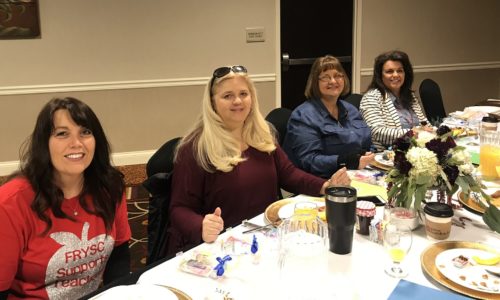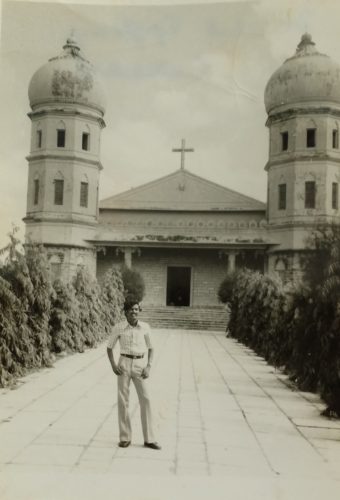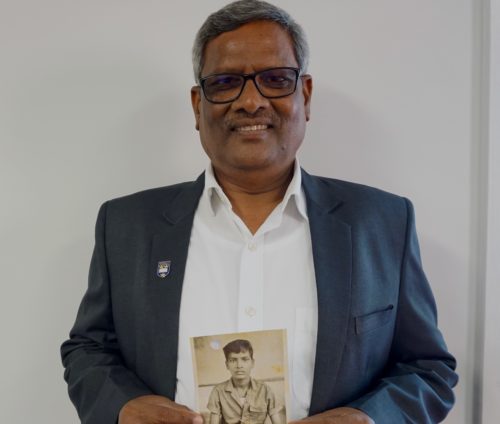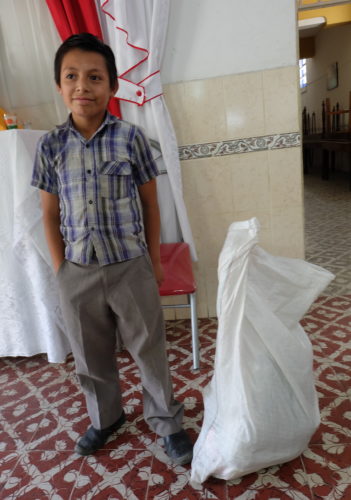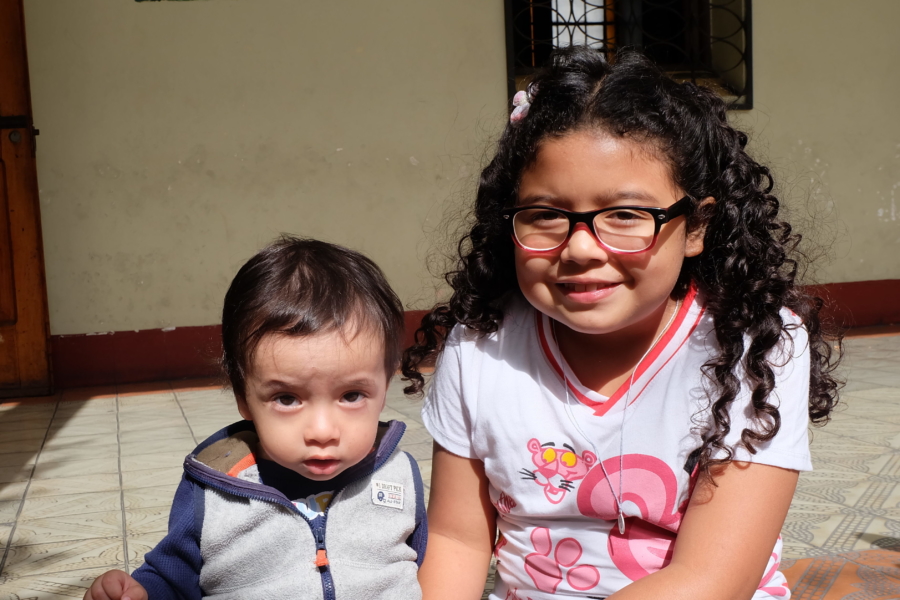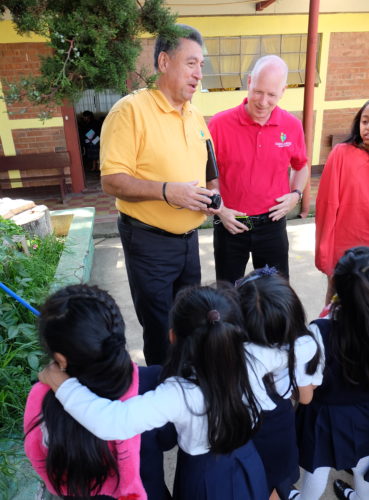Nestled in picturesque mountains and steeped in a rich cultural heritage, Pike County is situated in the very heart of Appalachia – an economically depressed area that stretches from the Virginias to Tennessee and Kentucky. This was once a thriving region, as a result of the success of its then bustling coal and lumber industries. In 1994, however, the Eastern Division of The Pittston Company closed its coal mines.
Today, rampant unemployment and widespread poverty paint a somber life in Pike County.
Unfortunately, rugged terrain has effectively blocked other industries from settling in this part of Kentucky. Thus, as mines closed, those who had spent their lives working underground could not find new employment opportunities above. Today, rampant unemployment and widespread poverty paint a somber life in Pike County. Their debilitating effects impact not only the adults there; hunger and cold nights in bed are the plight of too many children in this area, as their parents struggle to make ends meet.
On a recent trip to Pike County, our Director of U.S. Programs, Renée Kube, and our U.S. Projects Specialist, Shelley Oxenham, visited Valley Elementary School. There, they met with our Volunteer Coordinator Betty. Valley Elementary School has an extremely high enrollment of almost 1,000 students, from kindergarten through the eighth grade. Despite a large number of students at the school, with the help of the resource center and our program, Betty is hopeful that her efforts are making a big difference for children who are coming from impoverished households.
Betty explained to Renée and Shelley that she loves the flexibility of the Children Incorporated sponsorship program. It is very helpful to her to have the ability to purchase a wide variety of items for students, depending on their individual home situations. This way, she is able to make specific purchases in meeting the individualized needs of each child in her care. She said that our sponsored and unsponsored children are constantly in need of clothes and shoes; she also provides them with school supplies and food baskets often.
Meeting a special sponsored child

Sarah benefits greatly from having a sponsor with Children Incorporated.
During their visit, Renée and Shelley met with a few students who are enrolled in our sponsorship program. One student in particular stood out to them: Sarah* is in the eighth grade, and she lives with her parents and two sisters. She genuinely appreciates the support she receives from her sponsor.
Sarah anxiously awaits the items that she receives regularly thanks to monthly contributions. These donations especially help her in obtaining new shoes and clothing that she otherwise would go without. Betty also purchases art supplies for Sarah using her sponsorship funds, because Sarah loves art. She told Renée and Shelley that her family cannot afford art supplies, so she is incredibly grateful that her sponsor helps to support this passion of hers.
Internet famous
Before leaving Valley Elementary School, Betty showed Renée and Shelley a video of some of the third-grade students there who have become quite well-known on social media. The children were learning about coal mining and the industry in class, and their teacher challenged them to make a video demonstrating some of what they’d learned about the subject. The video would be entered into a much-anticipated annual community event – the CEDAR, Inc. Coal Fair.
With help from local high school students, the third-graders sang to the tune of Taylor Swift’s recent hit “Shake It Off.” After three days of filming, they finished the video, called “Mine the Coal”. When the fair was over, their teacher posted the video on her personal Facebook page, where it was widely shared, and where it has now accumulated more than 215,000 views. Along with Valley Elementary being a big school, its students are also a big hit on the internet!
*Name changed for child’s protection.
***
HOW DO I SPONSOR A CHILD IN KENTUCKY?
You can sponsor a child in Kentucky in one of two ways: call our office at 1-800-538-5381 and speak with one of our staff members, or email us at sponsorship@children-inc.org.

